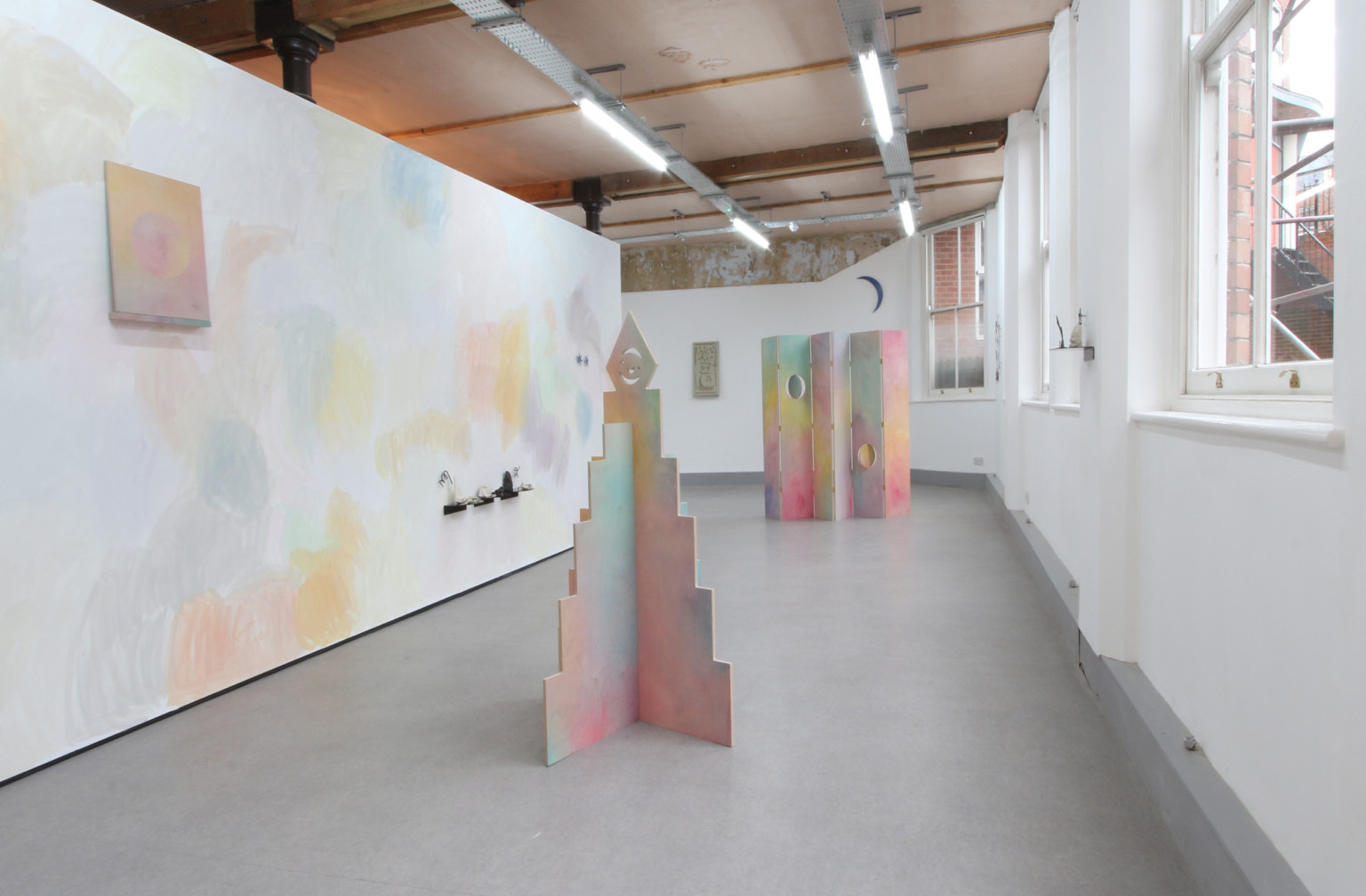Next Steps: Gatekeeper
As their 2020 graduation loomed, Lucy Alves (Fine Art Photography, Camberwell College of Arts) and Natascha NG (Journalism and Communications, Cardiff University) set up a new magazine focusing on the art market. Interview by Jody Mulvey.
Why did you set up Gatekeeper?
We set up Gatekeeper in May 2020. Lucy already knew before the pandemic hit that she wanted to create a medium that helped emerging artists access the art market. It was already evident that the art market was often perceived as an elitist sphere. We see art collectors, dealers, and auction houses chasing the next trend, pawning artist’s creations. Art circulated in the commercial art market is valued on its price; the symbolic influence and initial meaning of the work are frequently lost. There becomes an elitist illusion that limits the trading of artwork exclusively to the wealthy.
However, the circumstances surrounding Covid-19 exasperated the issues of access that were already prevalent. Without shows and networking opportunities it became increasingly difficult to break into the market. Additionally, for many students, their degree shows (which are often perceived as a career-launching moment) were cancelled.
More than ever, it seemed that conversations needed to be had around developing healthier ecosystems for artists. To do this it was evident that many artists needed a learning platform to provide an in-depth understanding of the art market… and so Gatekeeper began.
 Why do you think questioning the role of the art market is such an important issue to tackle within the creative industry?
Why do you think questioning the role of the art market is such an important issue to tackle within the creative industry?
There are so many reasons why Gatekeeper and many other platforms strive to question and address the issues surrounding the commercial art market. During art school, discussing the market seemed so taboo, it was overwhelming and intimidating in many aspects. We wanted to create a space that, although it tackles some heavy topics, also allowed digestible and accessible content. Gatekeeping is an unfathomable part of the commercial art market, with its exclusivity and elitism. If the art market is limited to the elite then voices will be left out of history. It is so important to confront the inequalities the art market presents and raise voices that should be heard.
Do you view Gatekeeper as complementary to your own practice? How have you found juggling these projects with anything else you have to do to make a living?
For Natascha, working full time alongside Gatekeeper has been a lot of work. Fortunately, Lucy has been able to play a big role in the everyday running of Gatekeeper as she has been furloughed for a large part of the past year, she views the work she does at Gatekeeper as part of her art practice. However, she has recently gone back to work, so we are lucky that we have a great team that helps. We are looking into funding options so that we can invest the time we want into Gatekeeper.
Recently your team has expanded, do you believe there are advantages of working as a bigger team and if so, why?
We started off working as a two! Both of us thought we could tackle collating contributors, designing a magazine, running an Instagram and online journal – with little experience in many of these areas. Expanding the team has meant nothing is neglected – C-Jaye helps so much with the design, which is time-consuming. It has allowed both of us to focus on defining Gatekeeper’s identity and voice. Kat and Emma help run our Instagram – something we struggled to have time for as we were tackling so much already! It has improved the quality of Gatekeeper as a magazine and platform, it has meant we have generated such a strong community of followers on social media which circulates back to support the printed publication. It has helped us to increase our online presence and find like-minded creatives out there to collaborate with.
 You have been involved with lots of different projects, such as a bi-annual publication. What have you learnt over the past year about creating your own opportunities for yourself and your peers?
You have been involved with lots of different projects, such as a bi-annual publication. What have you learnt over the past year about creating your own opportunities for yourself and your peers?
Graduating as a fine artist felt overwhelming, but graduating as a fine artist into a pandemic felt so terrifying. Job opportunities had plummeted – starting Gatekeeper has allowed us to do something we enjoy whilst working a make-do job.
It’s also been great to show support to fellow graduates as an organisation that backs emerging artists – it’s always been important to us to share awareness to the 2020 graduates and now 2021 graduates who have struggled to make work and stay creative, let alone push any sales during the pandemic.
What does the future hold for Gatekeeper and do you think that your method of working will be different post-lockdown?
We have realised over the past few months that Gatekeeper is more than a magazine. It will always be a publication as well, but we can do so much more with our message and ethos than just print. Lockdown ending will bring a different element – we have found the lockdown to be somewhat helpful in terms of contacting people as some have more time on their hands to collaborate and support. We have our fingers crossed this will still be the case – but it also means more gallery visits and exhibitions, which means finding like-minded individuals, which is great!
Images:
Gatekeeper poster by Honor Grace.
Gatekeeper virtual gallery graphic.





